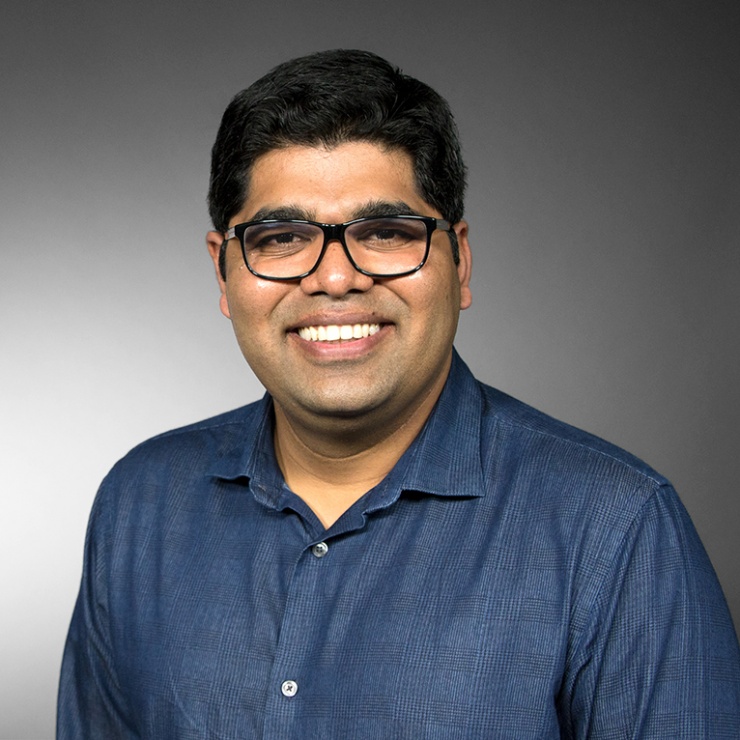Natural disasters like hurricanes, earthquakes, and floods claim tens of thousands of lives each year. While humans are powerless to stop them, One Concern CEO Ahmad Wani has developed a new way to help prepare for them. His company creates interactive landscape maps using artificial intelligence to predict the likely impact of natural disasters as they strike.
Wani himself experienced natural disasters in his native Kashmir. Seeing his family’s home flooded and neighbors sifting through crumbled bricks inspired Wani. He used his engineering skills to help minimize community suffering.
“At One Concern, we use the power of AI to predict the impact of disasters… in near real time,” he explains. “[AI] allows us to dynamically analyze vast amounts of disparate data extremely fast.”
Ahmad Wani Turns Tragedy into Inspiration
One Concern represented more than just a passing interest in technology and humanitarian concerns for Wani. He saw its necessity firsthand.
In 2005, a 7.6 magnitude earthquake hit Kashmir. It killed 70,000 people and displaced four million. The disaster left unforgettable images in Wani’s mind: His home left in ruins, food and water shortages, and the destruction of natural beauty.
“Having been one of the lucky few who lived through the disaster, I could see rescue authorities going around trying their best to rescue people,” Wani recounts. “However, the scale of the disaster was so large that they couldn’t identify who needed to be rescued first, and what the priorities for rescue were.”
Inspired by seeing that problem firsthand, Wani designed One Concern’s prediction technology. It helps first responders locate areas of high concern. Emergency aid can thus be deployed with greater speed and efficiency.
One Concern Aims to Minimize Disaster Recovery Costs
Wani encountered a second disaster just a few years later. He returned home to Kashmir to get married – only to live through a massive flood.
“My family had to take refuge on the roof of our house and were stranded there, surrounded by flood waters for seven days,” Wani recalls. “This experience made me realize that society is far more vulnerable to disasters than it needs to be.”
One Concern’s accurate AI mapping abilities reduces service costs for first responders and cities who must allocate resources to rescue and recovery operations. After mapping affected areas, the company’s software creates initial damage estimates.
“[It] is critical for emergency operation centers to request financial aid from state level and federal authorities,” Wani explains, “An incident commander would be able to identify and quantify extent of damage to his jurisdiction.”
Ahmad Wani Predicts Damage
“I think that engineers have a responsibility to leverage scientific research and technology to solve problems in the real world,” Wani says. “Man is the crown of creation, and saving a life is the best thing anybody can do.”
Wani’s work centers around aiding city officials anticipate and rescue the areas predicted to have the most damage. One of One Concern’s first tests was at the emergency operation center in San Francisco.
“They didn’t believe us when we showed them our prediction tool,” Wani recounts. All the first-responders said, “This is magic. It will change the way we have been working for the past 30 years!”
For now, One Concern works with simulated data to test its predictive powers. But with higher and higher rates of global disasters, the company may soon be responsible for saving lives and homes around the world.



